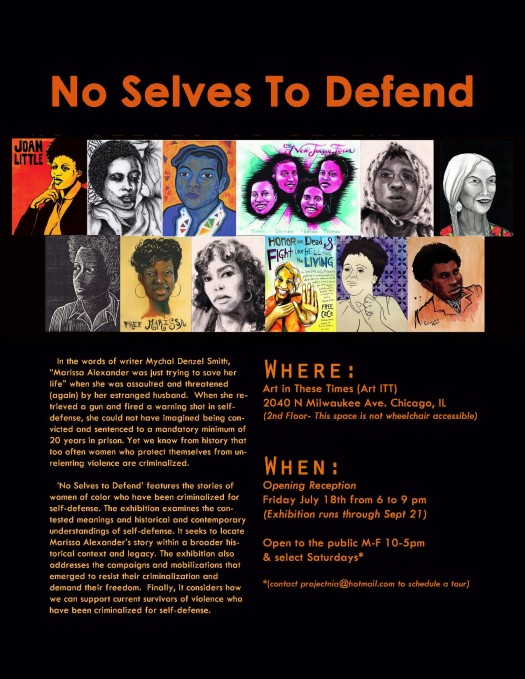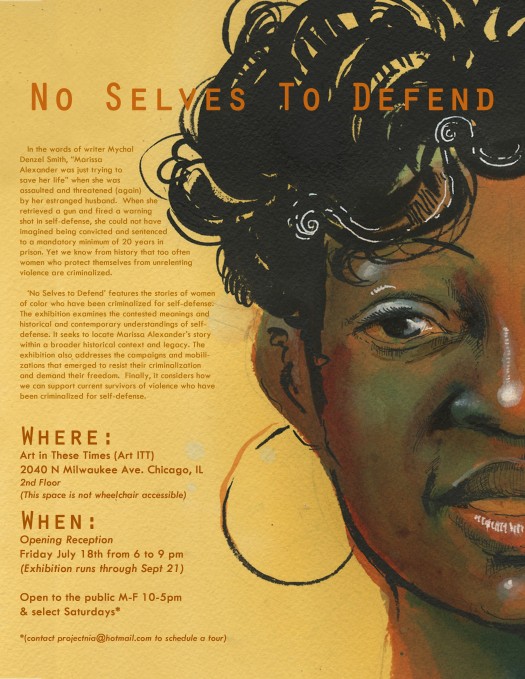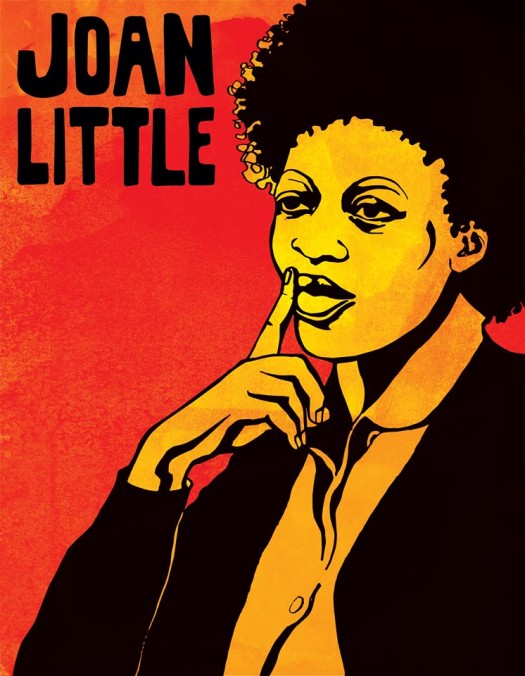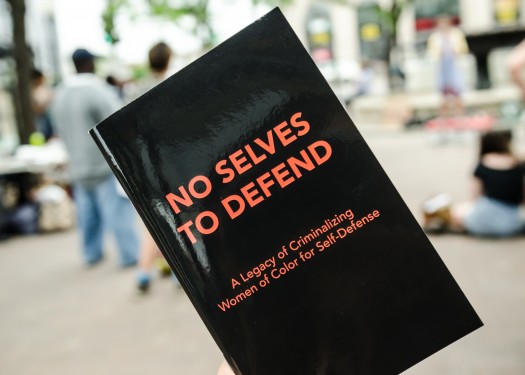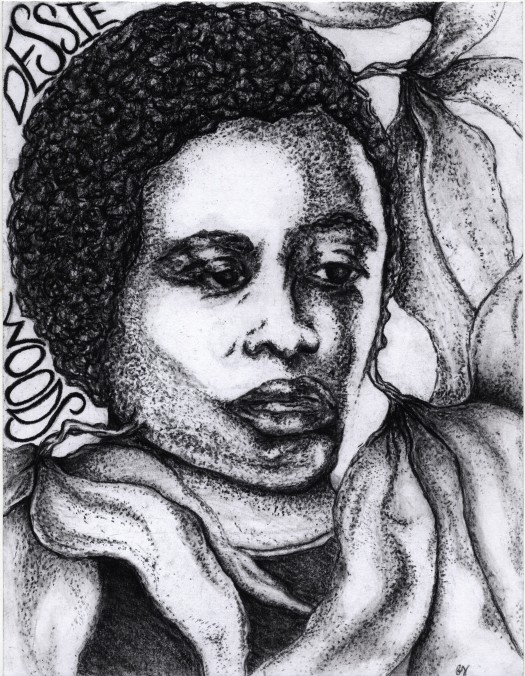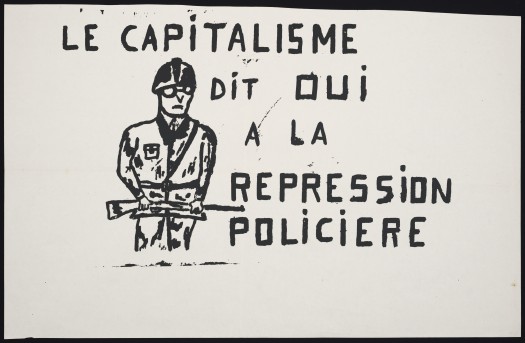I stood on a soapbox Saturday. I mean a real one.

Me on a soapbox (photo by Sarah Jane Rhee, 6/7/14)
On an overcast afternoon, on a concrete island at the intersection of Ashland, Milwaukee and Division, I joined a couple dozen people (mostly young) who were reading/performing poetry in opposition to state violence.
I was invited to say a few words, so I did. I shared words written by Langston Hughes and AI. I added a few of my own too.
On Friday, Damo was laid to rest. I planned to attend the funeral but in the end I was unable due to a previous commitment. It’s just as well. I hate funerals. I despise them especially when the person being buried is in his early 20s.
So I stood on a real soapbox and in memory of Damo & others who are victims of state violence, I shared two poems. Here are a few lines from one by Langston Hughes:
Three kicks between the legs
That kill the kids
I’d make tomorrow.
I’ll admit to actively suppressing any thoughts of a young man being tased (twice) and hitting his head so hard that he was basically brain dead when he arrived at the hospital. How does this happen? Then I remember the disposability and un-humanness of black and brown people. I know how this happens. I am a witness but I’d rather not be.
Ethan spoke before me. No, that’s not actually true, Ethan bled before me. I watched with others transfixed by his words and his pain. I hoped that it was catharsis towards healing. But I don’t know how young black men can heal in the midst of continuing, continual, unrelenting violence. Is this possible?
The title of the gathering organized by members of the Chicago Revolutionary Poets Brigade was ‘No Knock’ An Artistic Speak-Out Against the ‘American Police State.’ The title is inspired by Gil Scott Heron’s poem “No Knock.”
No knocked on my brother Fred Hampton
Bullet holes all over the place
No knocked on my brother Michael Harris
And jammed a shotgun against his skull
It is as it ever was. No knocked on Damo who is now six feet under ground.
Passersby stopped to listen as various people read poems about Guantanamo, police violence, prisons, surveillance, and more. Audre was right: “Poetry is the way we help give name to the nameless so it can be thought.” There is magic in hearing voices speaking out for justice over the din of a bustling city. You had to be there to understand what I mean. Gathering as a collective to recite poetry can’t end state violence but it does keep our spirits up so that we can demand and fight for more justice. It does help to “give name to the nameless so that it can be thought.” And now more than ever we need the words and we need to be able to think through that which cannot be thought. These are revolutionary acts in our time.
Over the next few weeks, I will be working with others to strategize and organize around the epidemic of police violence experienced by our young people of color in Chicago. I don’t know what will come of our discussions but I am sure that nothing will change unless we change it.
I stood on a soapbox Saturday. I mean a real one. I read some poems including “Endangered Species” by AI.
At some point, we will meet
at the tip of the bullet,
the blade, or the whip
as it draws blood,
but only one of us will change,
only one of us will slip
past the captain and crew of this ship
and the other submit to the chains
of a nation
that delivered rhetoric
in exchange for its promises.
I hope that you find your own soap box. I mean a real one and read some poems, calling out the cops…
![[Prison Work Crew (ca. 9 Members) Digging Trench and 1 Guard] by Doris Ulmann ( Date: 1929–30, printed 1934) - Metropolitan Museum of Art](https://www.usprisonculture.com/blog/wp-content/uploads/2014/05/prisonermetropolitan-e1400815849742.jpg)
